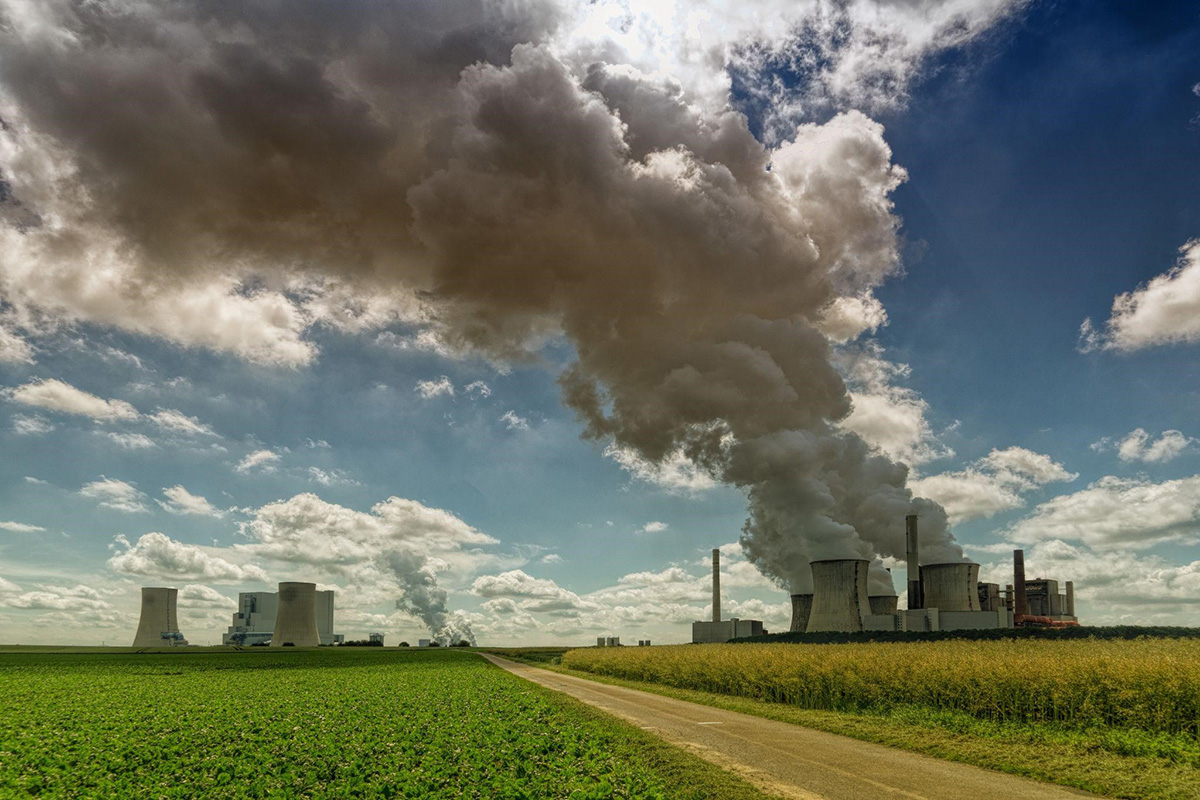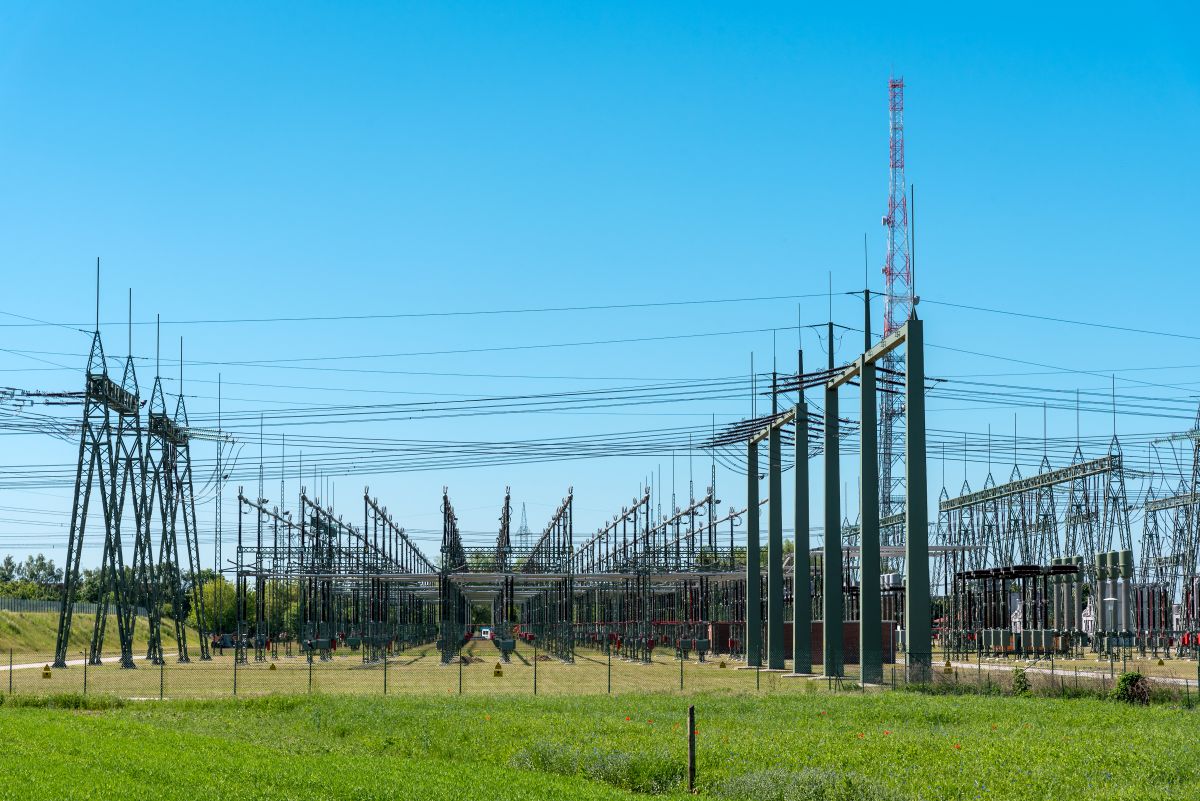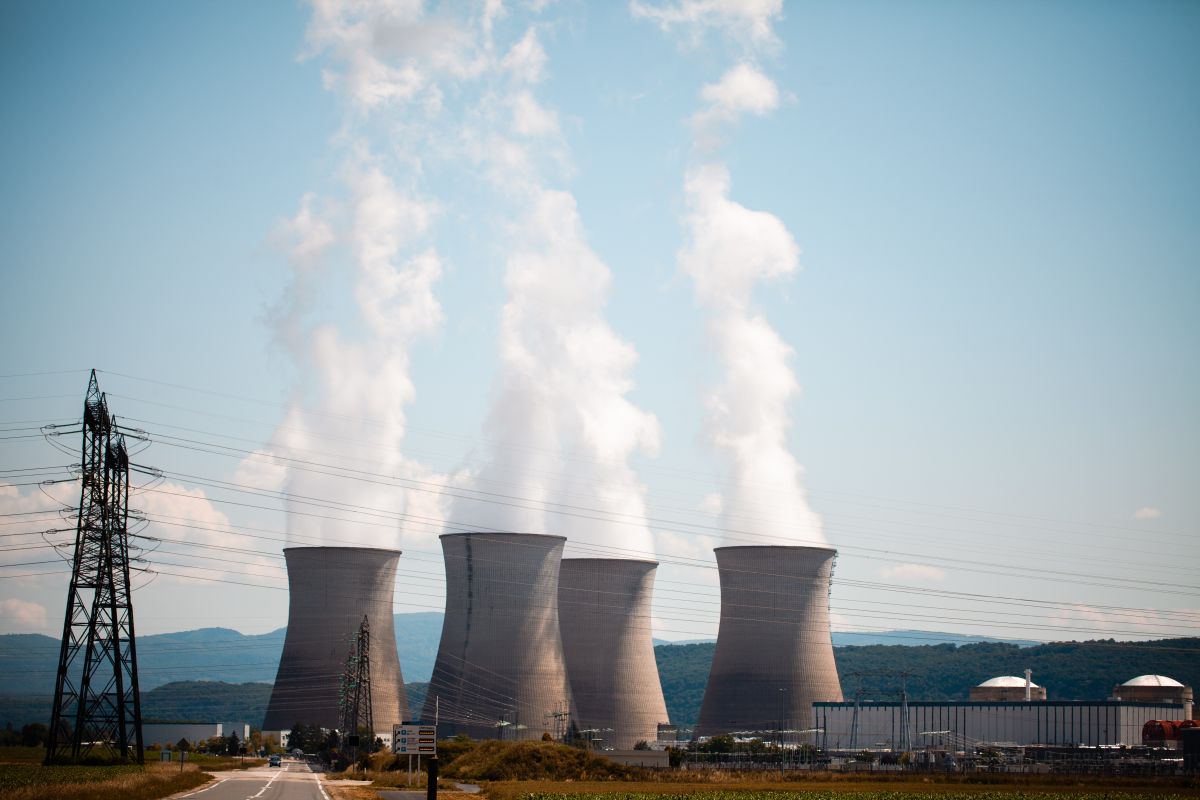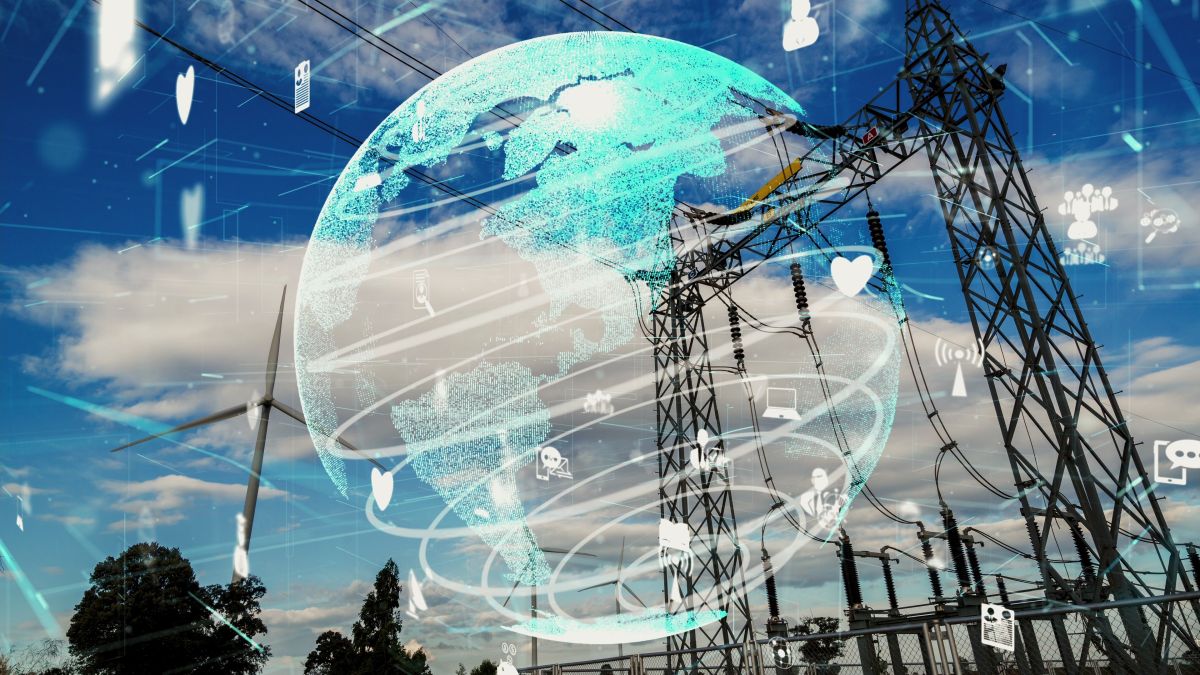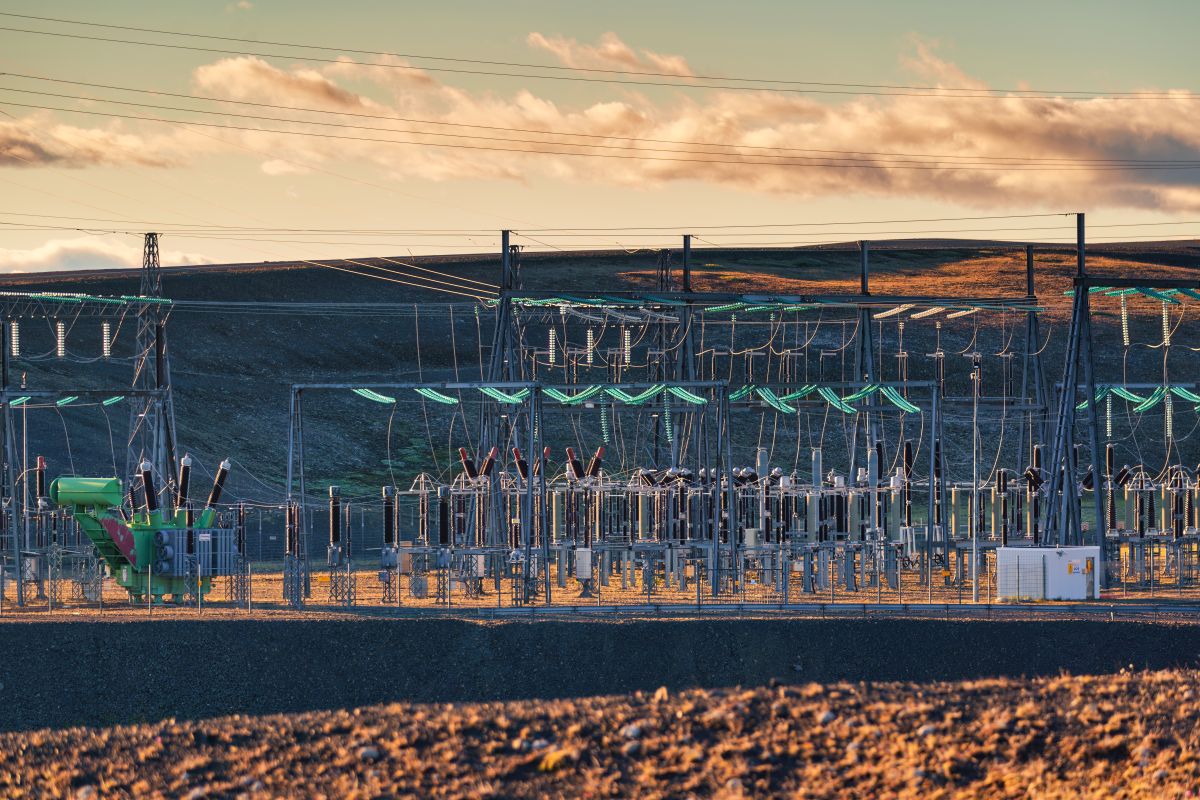With the world facing rising energy demands and growing concerns about climate change, the quest for sustainable and green energy solutions has never been more critical. Many experts firmly believe that nuclear power is poised to play a pivotal role in paving the way to a carbon-free future. Recent strides in nuclear technology have not only enhanced safety but also improved efficiency and cost-effectiveness. Currently, nuclear energy accounts for approximately 10% of the world’s electricity generated by around 440 power reactors. Moreover, the remarkable progress in nuclear power plant operation and cutting-edge reactor design promises a bright future for nuclear energy.
Nuclear Power and the Global Clean Energy Action Forum
At the 2022 Global Clean Energy Action Forum (GCEAF), industry leaders reached a unanimous consensus: substantial investments in nuclear power capacity are indispensable in phasing out fossil fuels. They envision nuclear energy working in concert with renewable sources such as solar and wind to meet the burgeoning demand for clean electricity. Modern nuclear reactors leverage state-of-the-art technology to extract more energy from less fuel, thereby minimizing waste. Furthermore, the latest generation of reactor designs boasts enhanced safety systems that significantly surpass their predecessors. With stringent safety protocols in place, nuclear power has maintained an impeccable global safety record over the decades.
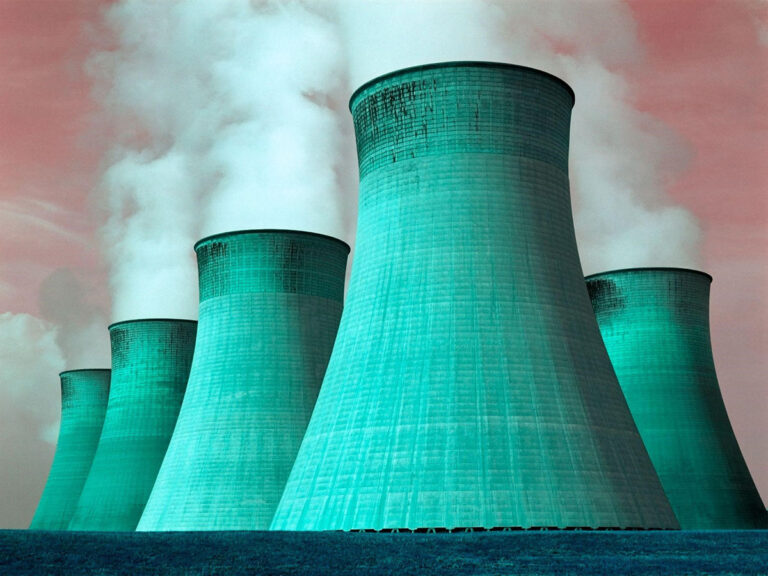
Nuclear Power: A Path to Big, Reliable Energy
France, a shining example, derives over 70% of its electricity from nuclear energy. This exemplifies the potential nuclear energy holds to deliver substantial, reliable energy on a national scale without emitting air pollutants or greenhouse gases. The promise of next-generation reactors and small modular reactors lies in their potential for even greater efficiency and flexibility. By combining nuclear energy with renewable sources, we chart a clear course toward a future powered by clean energy solutions.
Addressing Challenges for a Cleaner Tomorrow
Nevertheless, expanding nuclear energy faces challenges, including substantial upfront costs and public apprehensions regarding radioactive waste disposal. To overcome these obstacles and realize future energy solutions, robust investment and well-informed government policies are imperative. Global collaboration between the public and private sectors is crucial to fund research on advanced nuclear technology. Continued innovation holds the key to rendering nuclear power even safer and more cost-effective.
Is Nuclear Power the Future of Clean Energy?
The International Atomic Energy Agency (IAEA) projects that nuclear power could potentially contribute about 12% of global electricity by 2050 in an optimistic high-case scenario, contingent on significant expansion of nuclear capacity. However, the global nuclear industry has set an even more ambitious target: for nuclear power to provide at least 25% of the world’s electricity by 2050 through the deployment of approximately 1000 gigawatts of new nuclear power. Certain regions, such as the European Union, also aspire to maintain at least 25% of their electricity supply from nuclear sources by 2050. With unwavering dedication and concerted efforts, nuclear power is poised to play a pivotal role in delivering abundant clean energy to sustain our planet.
While renewable energy sources undoubtedly play a pivotal role, satisfactory nuclear power can provide the dependable foundational supply required to support a grid increasingly reliant on variable sources such as solar and wind. By intensifying investments in nuclear research and next-generation technologies, the world can fully unlock the immense potential of nuclear power to construct the sustainable clean energy future we so urgently need.
Disclaimer: Any opinions expressed in this blog do not necessarily reflect the opinions of Certrec. This content is meant for informational purposes only.



